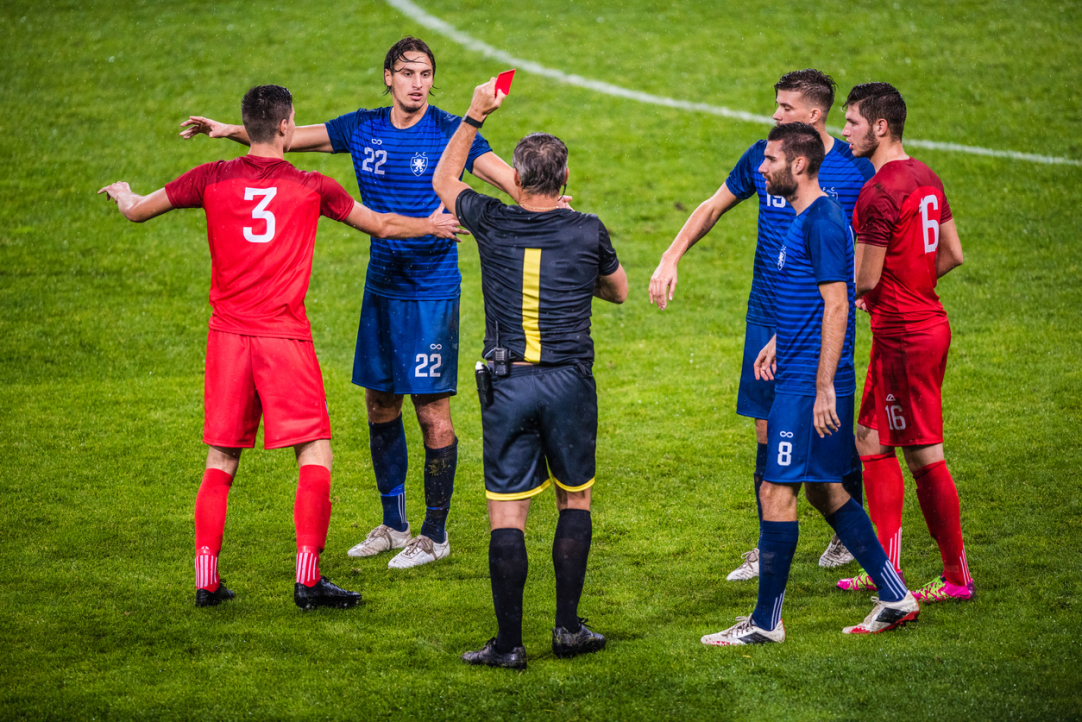Referee Recommendation System Developed by HSE University and RFU Wins Award

An algorithm for selecting football referees developed by the Laboratory of Sports Studies at the HSE University Faculty of Economic Sciences and the Russian Football Union (RFU) has been named the Best IT Project in the Sports Industry by the Global CIO professional community. In order to recommend the most suitable referee for a particular match, the algorithm considers 30 parameters, including referees’ ratings, the match category, the venue, the need for rotation, etc.
The selection of a referee for a football match depends on numerous factors: referees’ ratings, the level of the match, the regional affiliations of the referee and whether they can travel to the match city on the required day, their current physical condition and whether they have any injuries, their performance in weekly theoretical exercises, their knowledge of English, and other individual factors. Previously, referees were selected manually but now, recommendations can be produced by an algorithm that considers a large number of requirements and is not susceptible to conflicts of interest.

Dmitry Dagaev, HSE University Vice Rector, Head of the Laboratory of Sports Studies
‘People often criticise the Russian Football Union for appointing referees improperly in some way; the same person might seem to referee matches of the same team, giving them some kind of assistance. Our colleagues asked for an automated system that can recommend referees for matches, thus helping to avoid such accusations. We sat down with our colleagues in the lab, discussed the issue, and wrote the algorithm, which has now been implemented by the RFU at various levels of competition.’
In order to find the optimal combination of referees and matches, the automated system uses a modified version of the Gale–Shapely algorithm, which is used in a wide range of industries. It is used to allocate children to schools, assign early-career doctors to hospitals, find suitable patients for donated organs, and conduct online auctions. In this case, it ranks football referees by their ratings and appoints the top referees to the highest-level matches with the largest degree of responsibility (if there are no conflicting factors). The next-highest level of referees are assigned to slightly lower-level matches, and so on. Lloyd Shapely, one of the developers of the model, won the Nobel Prize in Economics in 2012.
The system was developed as part of a long-term cooperation agreement between HSE University and the RFU signed in 2020. Its signatories were RFU General Secretary Aleksandr Alaev (former President of the Russian Premier League) and then-Rector (now Academic Supervisor) of HSE University Yaroslav Kuzminov. ‘Year after year, the issue of refereeing remains on the agenda. This system for appointing referees for matches will be a valuable asset and a big help to the RFU refereeing department. I hope that in the future, there will be much fewer conversations about referring and the appointment of referees, as has already happened with those about the match schedule,’ said Aleksandr Alaev at the time.

